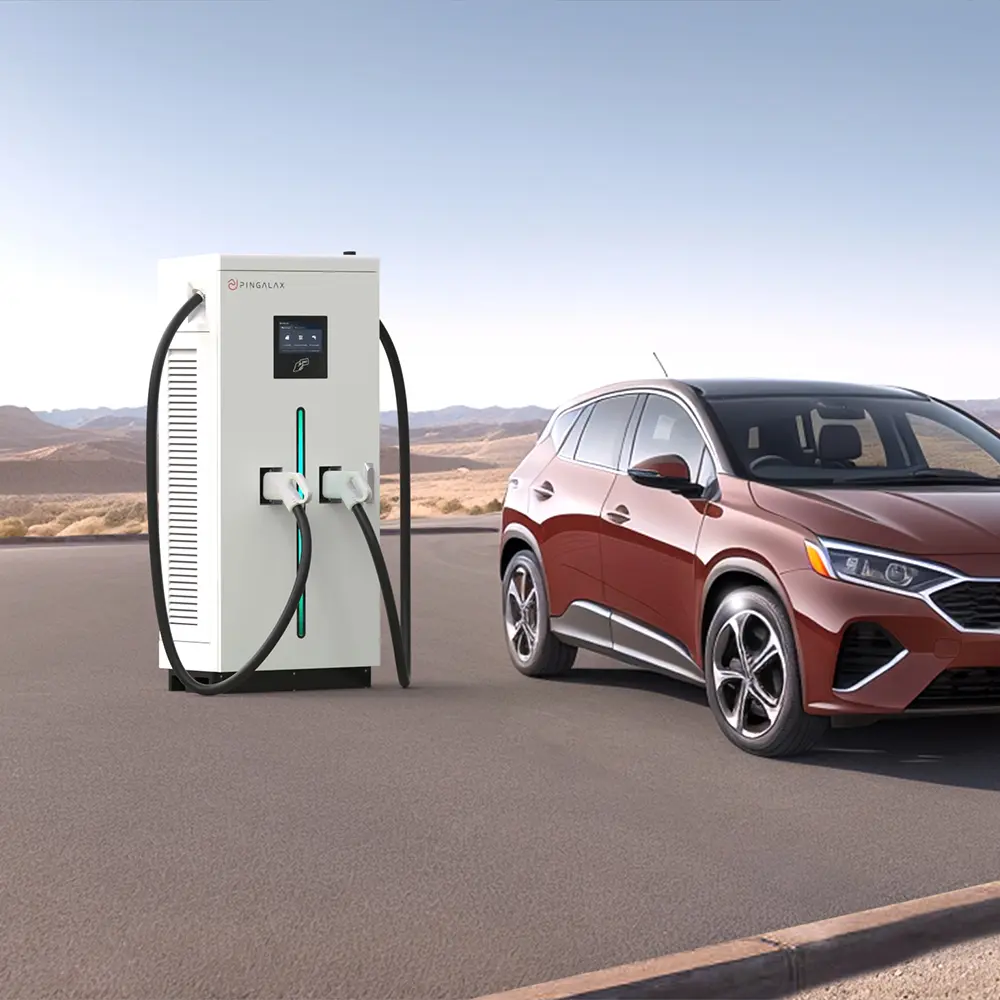Industry newsJun 13,2025By:
# **Electric Car Recharge Stations: Speed vs. Cost Analysis**
As electric vehicles (EVs) become more prevalent, understanding the trade-offs between charging speed and cost is crucial for both consumers and businesses. Different types of EV charging stations—Level 1, Level 2, and DC fast charging—offer varying charging speeds at different price points. This analysis explores the relationship between charging speed and cost, helping EV owners make informed decisions.
### **1. Charging Speed Comparison**
- **Level 1 Charging (120V AC)**
- **Speed:** Adds ~3-5 miles of range per hour.
- **Cost:** Typically the cheapest, as it uses standard household outlets.
- **Best for:** Overnight home charging with no infrastructure upgrades needed.
- **Level 2 Charging (240V AC)**
- **Speed:** Delivers ~20-40 miles of range per hour.
- **Cost:** Requires a dedicated circuit and professional installation (~$500-$2,000).
- **Best for:** Home, workplace, and public charging where faster speeds are needed without the high cost of DC fast charging.
- **DC Fast Charging (480V+ DC)**
- **Speed:** Provides 60-200+ miles in 20-30 minutes.
- **Cost:** Most expensive, with installation costs ranging from $50,000 to $150,000 per station. Public fast chargers also charge higher per-kWh rates.
- **Best for:** Highway travel and commercial locations where quick charging is essential.
### **2. Cost Implications**
- **Installation Costs:**
- Level 1 requires no additional setup.
- Level 2 requires a 240V circuit, increasing upfront costs.
- DC fast chargers demand high-power electrical infrastructure, making them cost-prohibitive for most private users.
- **Operational Costs:**
- Public Level 2 chargers typically cost $0.20-$0.40 per kWh.
- DC fast chargers can range from $0.40-$0.60 per kWh due to higher demand fees and infrastructure costs.
### **3. Finding the Right Balance**
For daily commuting, **Level 2 charging** offers the best balance between speed and cost. However, **DC fast charging** is indispensable for long-distance travel despite its higher expense. Some businesses and municipalities install **mixed charging networks** to cater to different needs while optimizing costs.
### **Conclusion**
EV owners should consider their driving habits and budget when choosing charging options. While fast charging is convenient, its higher costs make it less economical for daily use. A combination of home (Level 2) and occasional public fast charging provides an optimal solution for most drivers.

Check out Pingalax!